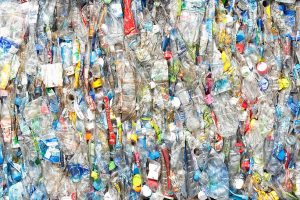 Data from the sale of recyclable plastic bottles in early December suggest the value of recovered packaging will end the year in a slightly weak position.
Data from the sale of recyclable plastic bottles in early December suggest the value of recovered packaging will end the year in a slightly weak position.

 Data from the sale of recyclable plastic bottles in early December suggest the value of recovered packaging will end the year in a slightly weak position.
Data from the sale of recyclable plastic bottles in early December suggest the value of recovered packaging will end the year in a slightly weak position.
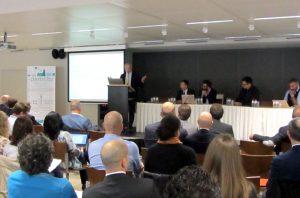
The first workshop for the DEMETO project, held Sept. 28 in Brussels.
The European Union will invest millions of euros into advancing a microwave depolymerization technology for PET container scrap and polyester in discarded textiles.
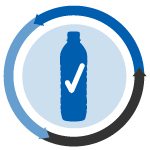 A scientific panel signed off on a slew of PET recycling technologies this year, determining they produce clean RPET that can be used in food and drink packaging.
A scientific panel signed off on a slew of PET recycling technologies this year, determining they produce clean RPET that can be used in food and drink packaging.
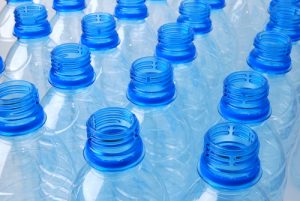 A study commissioned by Closed Loop Partners identifies strategies to enhance the PET bottle recycling system, allowing RPET to better compete with virgin plastic.
A study commissioned by Closed Loop Partners identifies strategies to enhance the PET bottle recycling system, allowing RPET to better compete with virgin plastic.
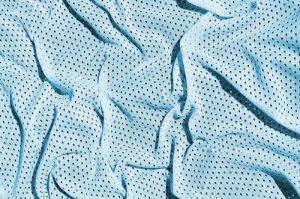 When it comes to recovering polyester from textiles, chemical recycling technologies might just be what the reclaimer ordered, a new report suggests.
When it comes to recovering polyester from textiles, chemical recycling technologies might just be what the reclaimer ordered, a new report suggests.
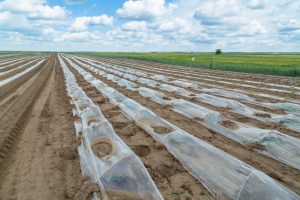 The state of California has awarded millions of dollars in grants to projects that will recycle ag plastics and PET bottles.
The state of California has awarded millions of dollars in grants to projects that will recycle ag plastics and PET bottles.
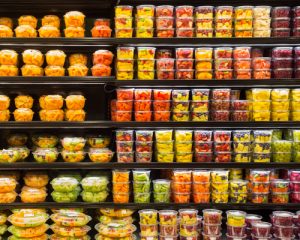 A producer of 100 percent post-consumer PET thermoform packaging has drawn the attention of an investment group that sees sustainable packaging as a growing market.
A producer of 100 percent post-consumer PET thermoform packaging has drawn the attention of an investment group that sees sustainable packaging as a growing market.
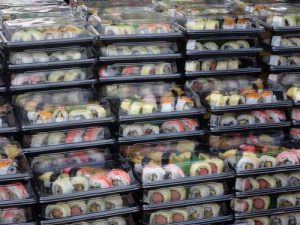 In Europe, thermoform packaging is using more and more RPET content, but impediments remain to efficient recycling of the thermoforms themselves. A workshop recently discussed the issues.
In Europe, thermoform packaging is using more and more RPET content, but impediments remain to efficient recycling of the thermoforms themselves. A workshop recently discussed the issues.
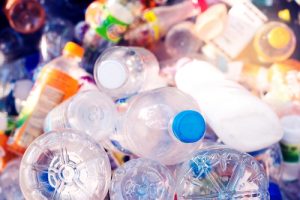 For years, a European Union panel has given its thumbs up to using recycling processes to generate food-contact recycled plastics, but those opinions aren’t official government “approvals.” Some groups say the lack of official authorization from the European Commission has lead to damaging uncertainty for the industry.
For years, a European Union panel has given its thumbs up to using recycling processes to generate food-contact recycled plastics, but those opinions aren’t official government “approvals.” Some groups say the lack of official authorization from the European Commission has lead to damaging uncertainty for the industry.
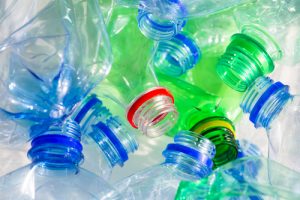 PET depolymerization company Loop Industries has agreed to purchase a 150,000-square-foot site for its first manufacturing facility.
PET depolymerization company Loop Industries has agreed to purchase a 150,000-square-foot site for its first manufacturing facility.
